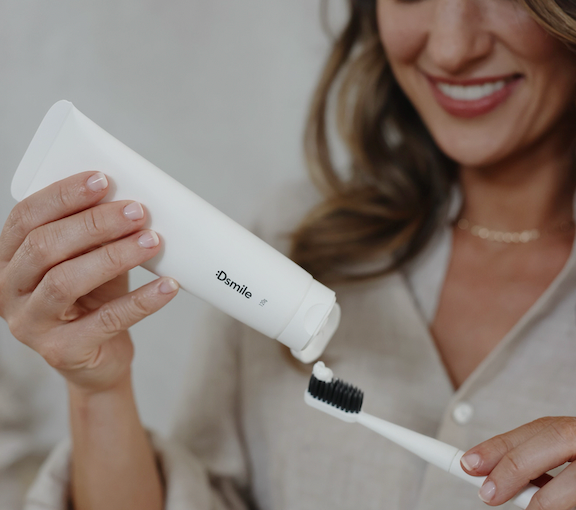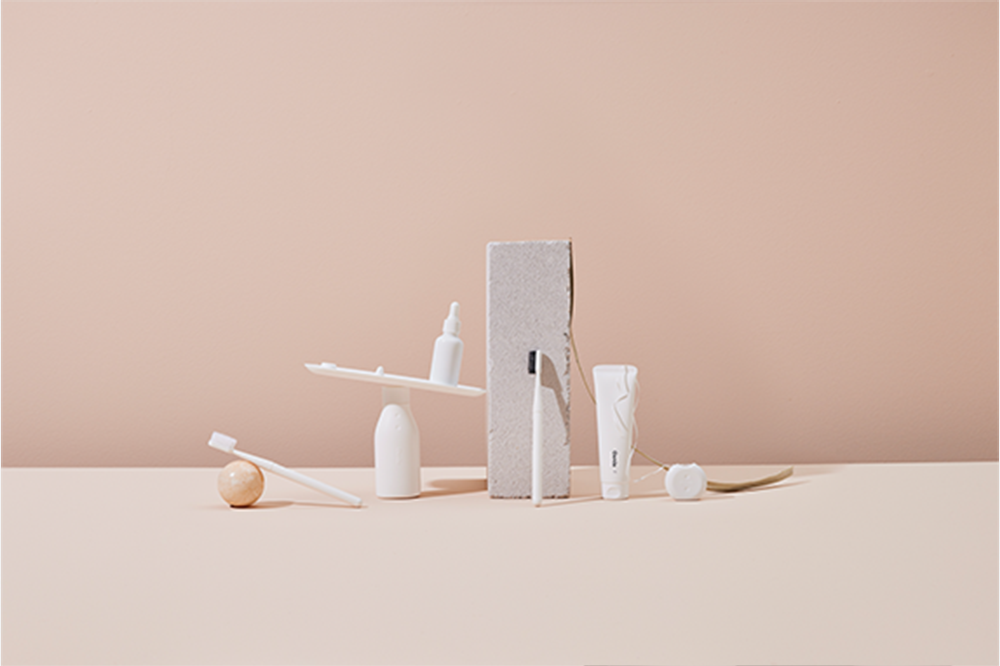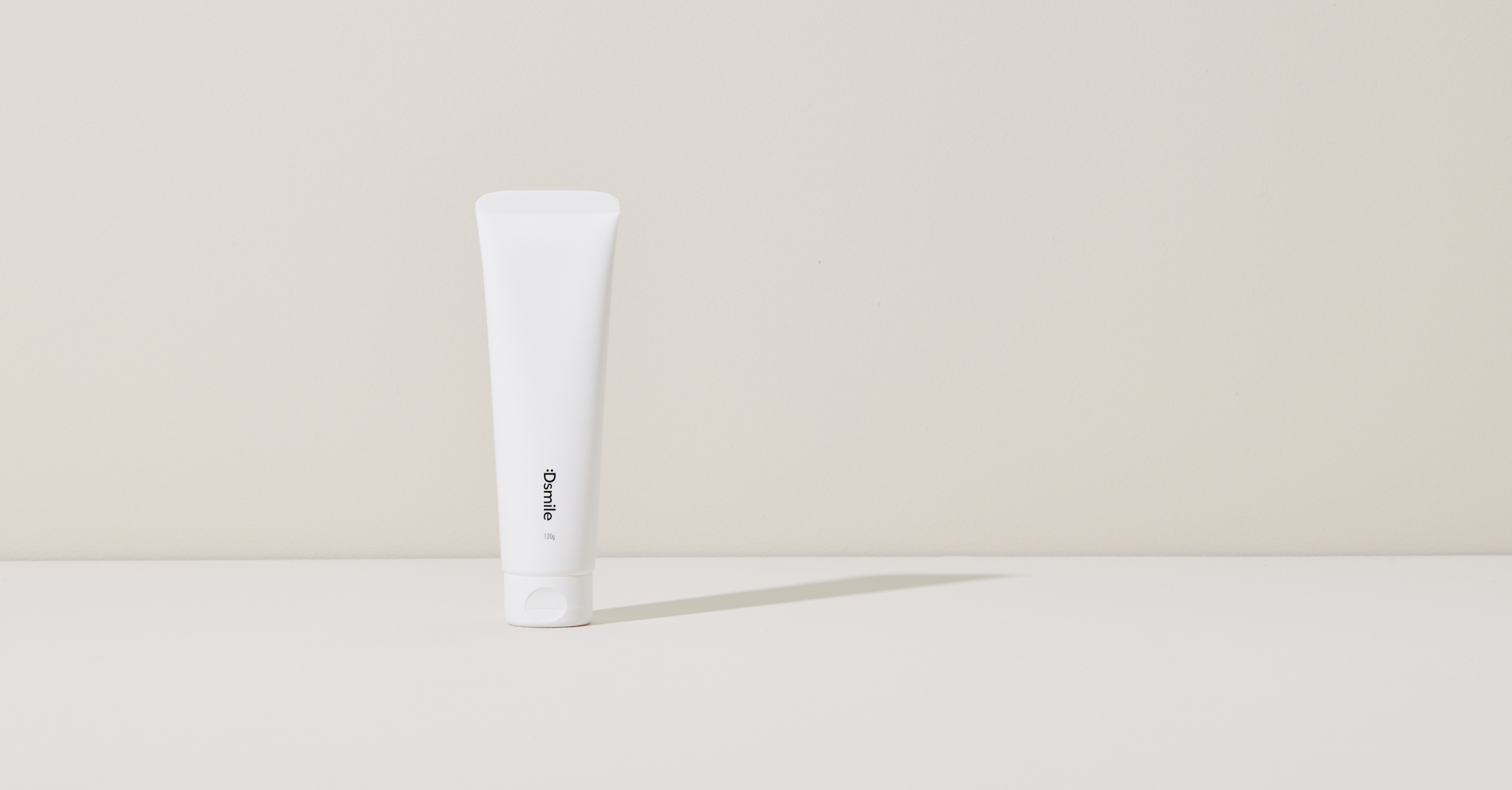
How To Reduce Sensitive Teeth
Teeth feeling sensitive is a common problem and can occur for many reasons. That awful feeling can be very painful for some of us and can cause some people to avoid certain foods and drinks (goodbye ice cream!). The good news is that there are many options to reduce the sensitivity of your teeth and even get rid of sensitive teeth for good. The first step is to identify the cause of your tooth sensitivity, and then you can explore options to help reduce your teeth feeling so sensitive.
Let's take a look at some of the different types of sensitivity and some possible solutions to get your teeth feeling much better.
Teeth sensitivity to cold temperatures, such as cold drinks, ice cream or breathing in cold air
This usually occurs due to a common condition called dentine hypersensitivity, and to understand this, we need to talk about the anatomy of your teeth. The top of your teeth, which you can see, have a protective enamel coating on them. However, over time gums can recede, exposing the roots of your teeth, which do not have enamel but another tooth substance called dentine. Dentine has a lot of tubes that can transmit sensations to the nerve, and the more extreme the stimulus, such as really cold water, the worse the sensitivity can be. Revising your toothbrushing technique by using a soft brush gently and using sensitive toothpaste twice daily can help block the tubes in the dentine and desensitize the nerves. You will need to use the toothpaste for a few months, and try not to rinse after brushing with water. Instead, spit the toothpaste out to leave more of it in your mouth to work. This is where professionally formulated toothpaste is especially important.
Sensitivity to sweet foods and drinks
This could also be attributed to dentine hypersensitivity (mentioned above), or it could be a sign you have a hole or decay starting in one of your teeth. Your tooth may also be sensitive to hot, cold and chewing. This is generally a sign that the decay is getting larger in the tooth and tracking towards the nerve of the tooth. Unfortunately, no home remedies will repair a hole in a tooth once it has started, it will only get bigger, and the earlier you see a dentist have it fixed, the happier and healthier the tooth will be. The cost of a filling will vary, depending on the tooth and how many surfaces need to be repaired. Your dentist can tell you at the start of the appointment their fees before they start a filling procedure. The best way to prevent fillings, of course, is to avoid sweet foods and drinks and also to ensure you have a reliable oral health routine at home.
Sensitivity to hot/cold sensations and pain with eating on one tooth.
If you have one tooth that is standing out for you with pain, it could be a sign of decay in the tooth or even an infection around the tooth. If the pain lingers around or keeps you awake at night, please do not ignore this and book in with a dentist. The sooner your tooth receives treatment, the less invasive and less costly it can be for you. Treatment options could vary from a filling to root canal or extraction.
Sensitivity after an accident or trauma
If you have had a fall or knock to the face, there could be many reasons why your teeth are sensitive. If you cannot see any obvious breakages of teeth or feel any teeth are loose, you may wait a few days to see if the sensitivity goes away and take some over-the-counter pain relief. If you are concerned that something does not feel right or the pain worsens, book in with a dentist, as not only will they check your teeth, but they will also assess your jaws and gums to ensure no trauma has occurred.
Sensitivity after a filling has been performed on a tooth
When a tooth has a filling, it can take a little while to settle. A tooth can find a filling a little surprising as it is exposed to cold instruments and filling materials. It may also be settling down from inflammation if there has been decay present. If your bite feels unusual after a filling, sometimes a simple adjustment can end the sensitivity. Otherwise, it may just take some time, even a few months. Once a filling is completed, your dentist will talk you through the size of the filling and will inform you if they expect you will have any sensitivity.
Always call your dentist if you are unsure of what you are experiencing, as they can either reassure you over the phone or ask you to come in for a look at the tooth.
It's important to know that you CAN reduce tooth sensitivity relatively easily, but it's also important to know that prevention is better than cure. The key lies in quality at-home dental products and good dental hygiene.
Here are our top tips:
- Use a tri-action desensitizing toothpaste
- Opt for a soft bristle toothbrush
- Ensure regular trips to your dentist and let them know of any sensitive teeth
- Ensure your toothpaste contains fluoride, which helps protect teeth enamel
- Ensure you have a regular at-home care routine for your teeth
So, there we have it! Your guide to why on earth your teeth can get so sensitive. We specifically designed our Dsmile toothpaste to whiten teeth, fight plaque AND reduce sensitivity. You can take a closer look at all our professionally developed products here.





Leave a comment
This site is protected by hCaptcha and the hCaptcha Privacy Policy and Terms of Service apply.